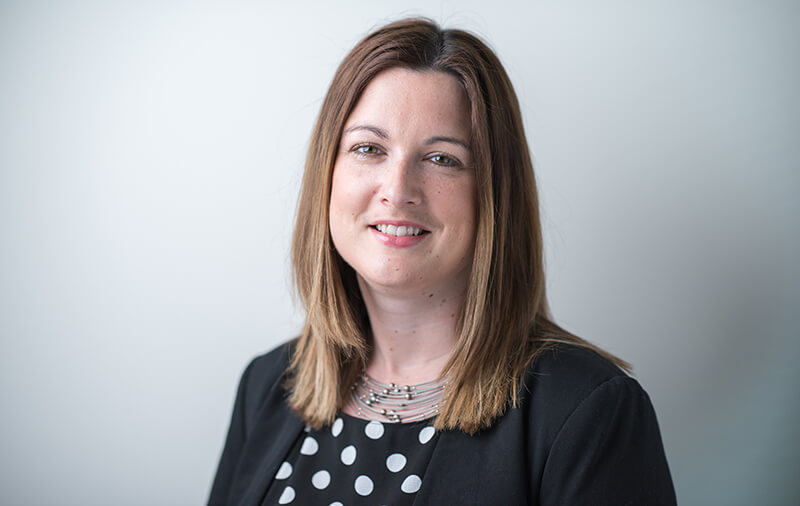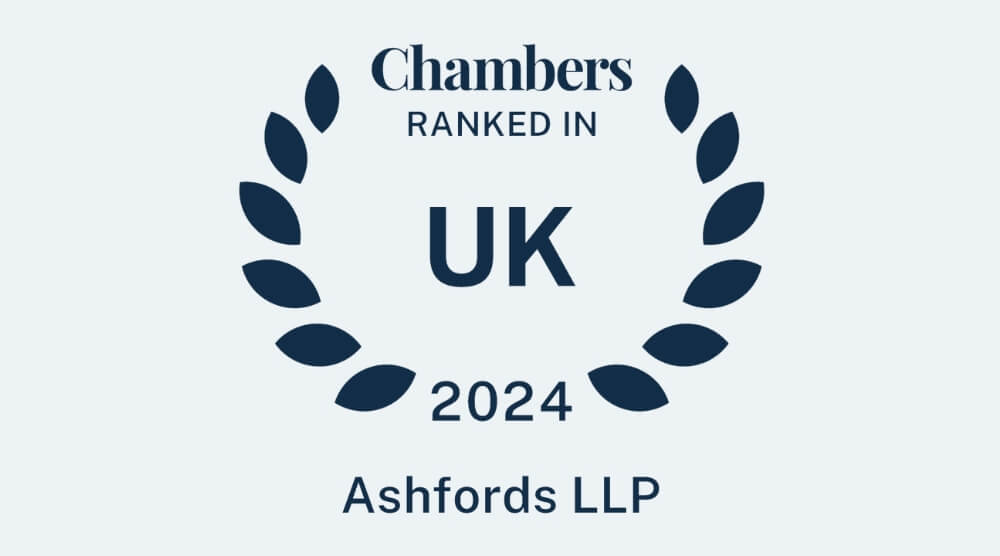The Court of Protection is a specialist court which makes decisions on a person’s property, financial affairs and matters concerning their personal welfare (such as where they live and receive care) when they are unable or lack the mental capacity to make those decisions for themselves.
The rules regarding costs in the Court of Protection vary depending on the type of matter being decided i.e. whether the application concerns a person’s (i) property and financial affairs; or (ii) their health and welfare.
In cases relating to property and financial affairs, the costs of proceedings will usually be paid from money owned by the person lacking mental capacity, known as ‘P’. In cases relating to a person’s health and welfare, the general rule is that each party must bear their own costs. This means that it is not usually possibly to obtain an order from the Court of Protection asking one person to pay the costs of the other.
However, the Court of Protection does have the power to depart from these rules, should this be justified in the circumstances. For example, if one party has acted unreasonably in making an application, failed to co-operate with the other side or failed to comply with a rule or court order, then the Court of Protection does have the discretionary power to make a costs order. However, it should be stressed that this is the exception rather than the rule.
If a specific case involves both financial affairs and welfare, the Court of Protection will generally apportion the costs as between the respective issues. In these circumstances, it will be important to seek advice from a specialist costs draftsman who will be able to apportion the fees correctly. Where costs are being claimed against P, those costs will then need to be assessed by the Senior Courts Costs Office (shortened to the SCCO), a specialist court who decides whether the costs claimed are reasonable. It should be noted that the SCCO has a significant backlog and it could take around 12 months for this process to be finalised.
A deputy is someone appointed by the Court of Protection to manage the affairs of a person who lacks capacity to do so. A deputy can be in place to make decisions about a person’s money and/or their health and wellbeing. It is a matter for the Court of Protection who is appointed to undertake this role. However, this can be a solicitor (known as a professional deputy) or a family member (known as a lay person).
A lay person property and financial affairs deputy is typically limited to recovering their reasonable out-of-pocket expenses, whereas a professional deputy will be entitled to either: 1) fixed costs, or 2) for their costs to be assessed by the SCCO.
Health and welfare deputies on the other hand are typically not entitled to recover any costs incurred in acting as a deputy, except for any reasonable expenses incurred in the course of carrying out their duties (such as court fees where an application is required to make a decision on a specific issue, such as whether a person undergoes medical treatment).
Making an initial application to the Court of Protection will incur a fee of £421 and an application to appeal will incur a fee of £265 (as at May 2025 – click here to check the current fees).
These fees are payable by the person making the application at the time of making the application. However, if the application is in relation to a person’s property and financial affairs, then this fee is recoverable from the person the application is about. However, it will still be necessary for the person making the application to pay the costs from their pocket in the first instance, with the money being re-claimed later. If the application is related to personal health and welfare, the fee is not recoverable.
It is possible for the Court of Protection to depart from this general rule under special circumstances and this can be requested in the initial application. The application should give reasons as to why the Court should depart from the general rule, as this will assist the Court of Protection in making the costs order. Specialist legal advice should be sought in these circumstances.
If you are unable to pay the aforementioned court fees as a result of your financial circumstances, you can make a separate application to the Court for help using the form ‘COP44A – Apply for help with Court of Protection fees’.
Alternatively, you may be entitled to legal aid to cover part, or all, of your legal costs. If the matter is in relation to personal welfare or challenging a Deprivation of Liberty Authorisation, you may be entitled to legal aid.

Kerry Morgan-Gould
Partner and Head of Trusts & Estates
+44 (0)1392 334154 k.morgan-gould@ashfords.co.uk View more
Michael Alden
Partner and Head of Private Wealth Division
+44 (0)1392 334041 m.alden@ashfords.co.uk View moreFor more information or advice on Court of Protection or any other vulnerable person issues, please get in touch with any of our expert team directly or via the contact button below. You can also call us on freephone 0800 0931336 or by email courtofprotection@ashfords.co.uk for a no obligation chat and to see how we can help.
Contact

We produce a range of insights and publications to help keep our clients up-to-date with legal and sector developments.
Sign up